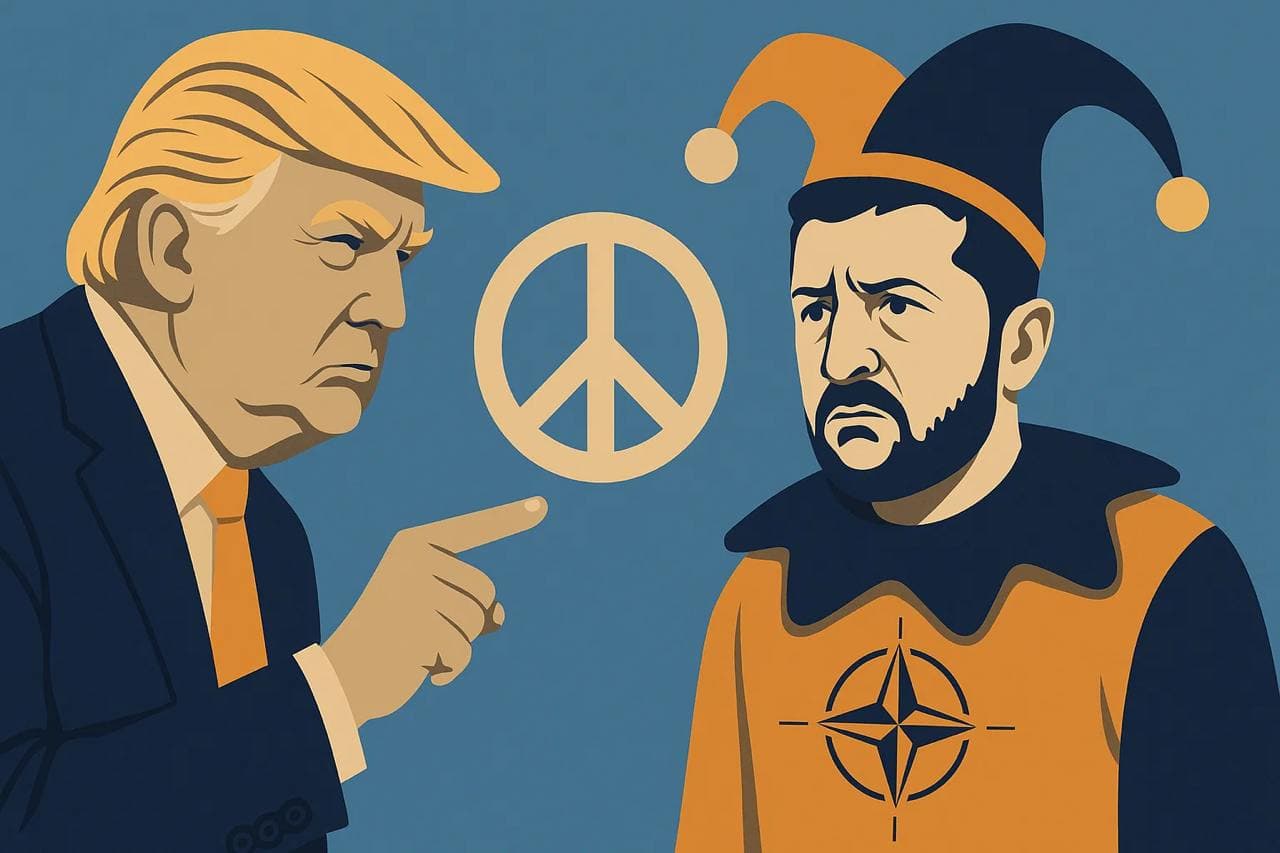In a bold statement that underscores the shifting dynamics of U.S. foreign policy, a former top advisor to Donald Trump has urged Ukrainian President Volodymyr Zelenskyy to consider negotiations with Russia. This call comes amid growing impatience within Trump"s circle regarding the ongoing conflict and the U.S. commitment to Ukraine. The advisor"s remarks suggest that a change in strategy may be on the horizon, emphasizing that the U.S. is prepared to reassess its support if Zelenskyy does not adopt a more conciliatory approach.
Background & Context
The war in Ukraine, which began in February 2022 with Russia"s invasion, has drawn significant international attention and support for Kyiv. The U.S. has been a key ally, providing military and economic assistance to bolster Ukraine"s defenses. However, as the conflict drags on, there is a growing sentiment among some U.S. political figures that the endless aid is not sustainable. This perspective is particularly pronounced within Trump"s political circle, where a preference for quick negotiations with Russia is emerging over prolonged military support.
Recent developments, including Ukraine"s drone strike that disrupted Russian oil flow to Hungary, have heightened tensions and complicated the geopolitical landscape even further. As the war continues, the economic burdens of supporting Ukraine are becoming increasingly pronounced, prompting calls for a reassessment of strategy among U.S. policymakers.
Key Developments
The former advisor’s comments reflect a growing impatience with Zelenskyy, suggesting that if he continues to act "like a disrespectful clown," the U.S. may reconsider its backing. This rhetoric indicates a potential shift in U.S. policy, with implications for both Ukraine and NATO. The advisor"s remarks underscore a belief that the current Ukrainian leadership must demonstrate a willingness to negotiate to maintain U.S. support.
Furthermore, this stance could pressure Zelenskyy into making concessions to Russia, which some analysts believe could fracture NATO unity. The alliance has thus far presented a united front against Russian aggression, but internal divisions could emerge if member states perceive a lack of progress in resolving the conflict. As previously reported, Zelenskyy has firmly stated that Ukraine will not reward Russia for its aggression, positioning the nation in a complex diplomatic situation.
Broader Impact
The implications of this shift in U.S. sentiment could be profound. Analysts warn that if the U.S. adopts a more transactional approach to its support for Ukraine, it could embolden Russia and undermine the existing international order that has been built around collective security. Additionally, this could set a precedent for future conflicts, where U.S. support becomes contingent on the behavior of foreign leaders rather than on principled commitments to democracy and sovereignty.
Moreover, the potential fracturing of NATO could embolden adversaries beyond Russia, leading to a more unstable global landscape. Experts argue that a unified approach is essential for maintaining pressure on Moscow and ensuring that the principles of international law are upheld. As the situation evolves, the need for high-stakes diplomacy becomes increasingly critical.
What"s Next
As the U.S. grapples with its foreign policy direction, all eyes will be on the upcoming diplomatic engagements between Ukraine and Russia. Zelenskyy faces mounting pressure not only from within Ukraine but also from international allies who may be reassessing their support. The coming weeks could see a series of negotiations aimed at finding a middle ground, but the stakes are high, and the potential for miscalculation is significant.
In this charged atmosphere, further developments are expected, especially as the winter months approach and the humanitarian situation in Ukraine becomes more precarious. The international community will be watching closely to see how Zelenskyy responds to the shifting dynamics and whether he can navigate the delicate balance of maintaining support from the West while also seeking a resolution to the conflict.


![[Video] Heavy clashes and gunfire reported in Baghdad, Iraq](/_next/image?url=%2Fapi%2Fimage%2Fthumbnails%2Fthumbnail-1768342239932-848qsh-thumbnail.jpg&w=3840&q=75)




![[Video] Gunfire between Iraqi security forces and Sadr militias in Baghdad](/_next/image?url=%2Fapi%2Fimage%2Fthumbnails%2Fthumbnail-1768343508874-4redb-thumbnail.jpg&w=3840&q=75)
